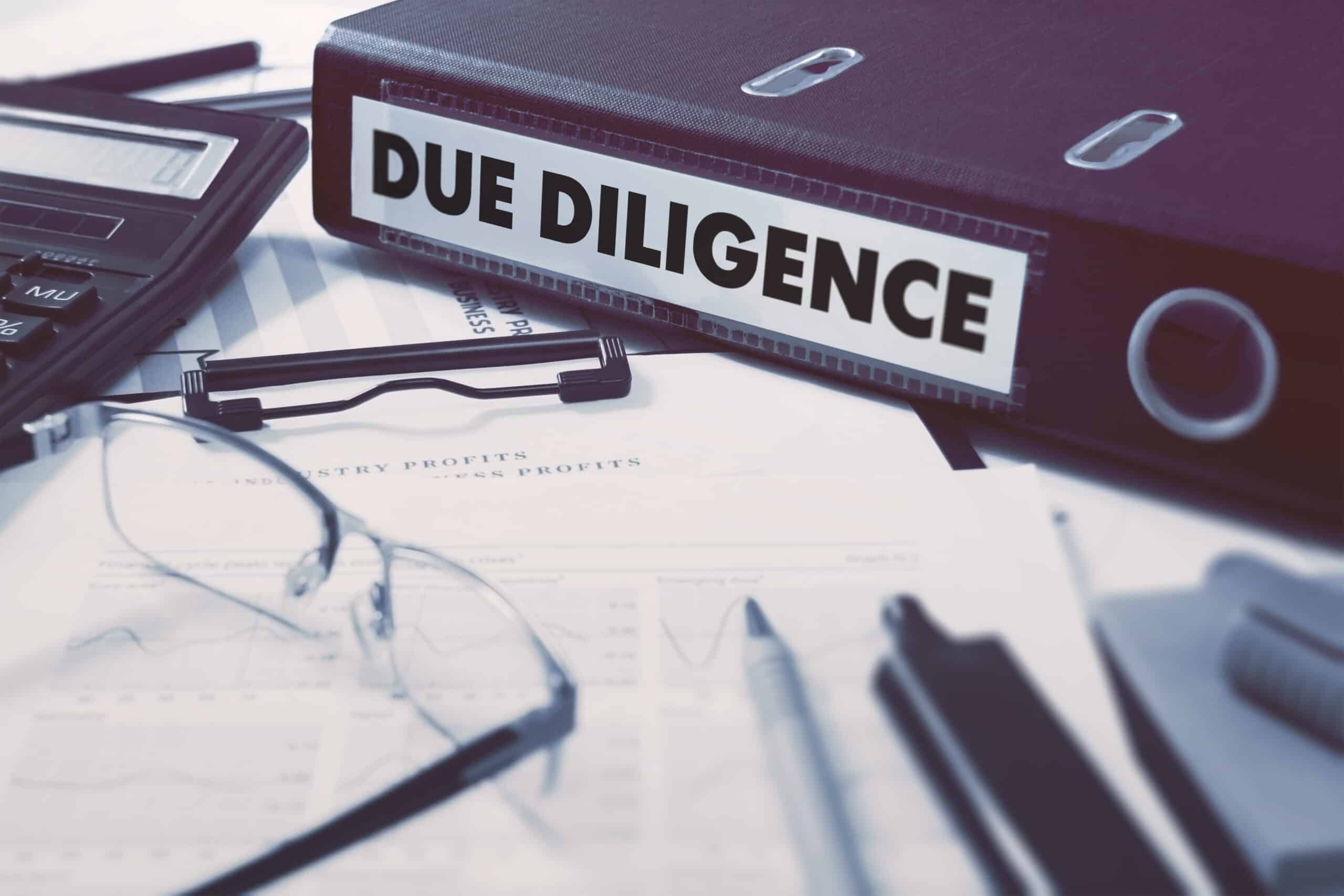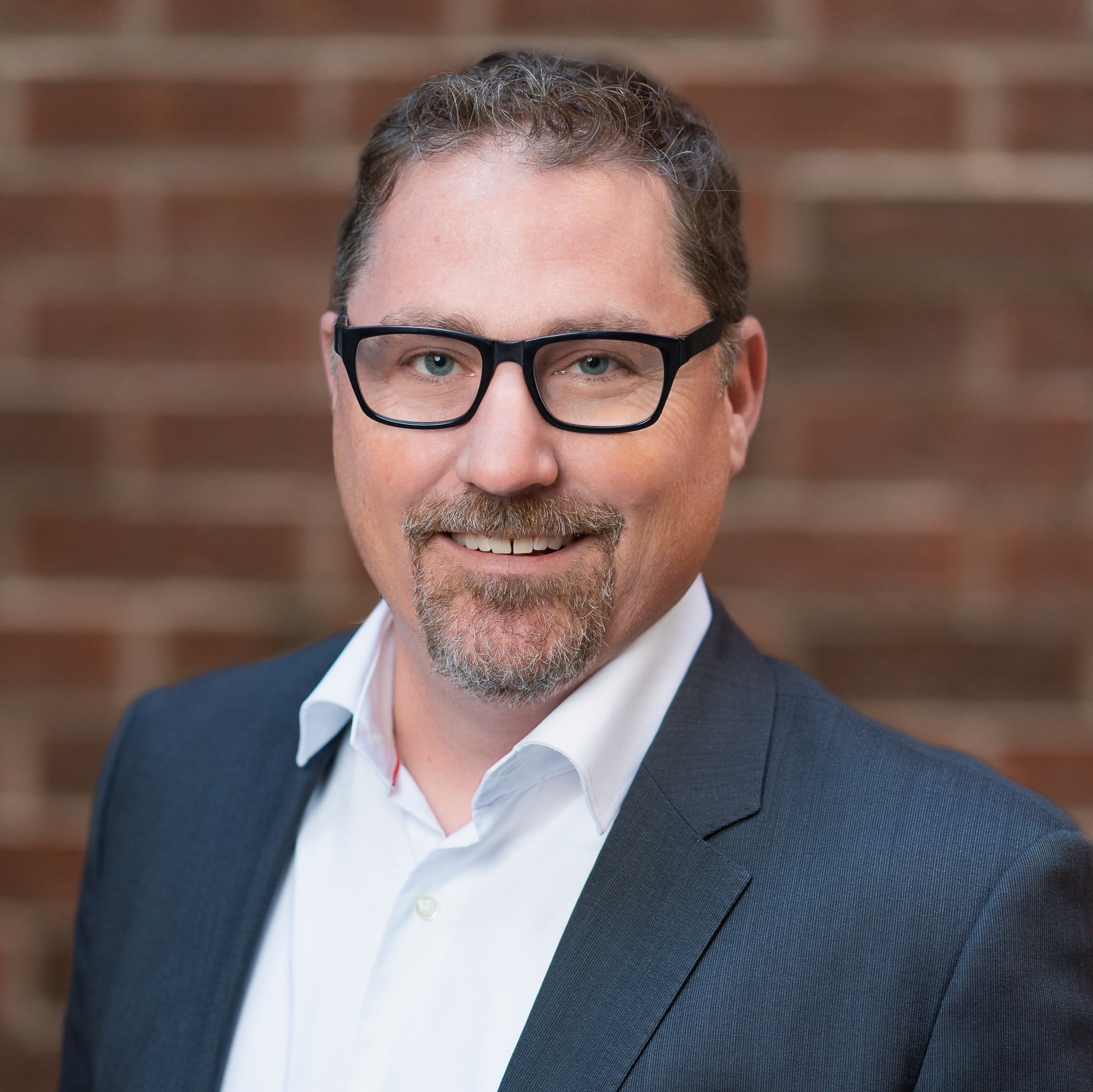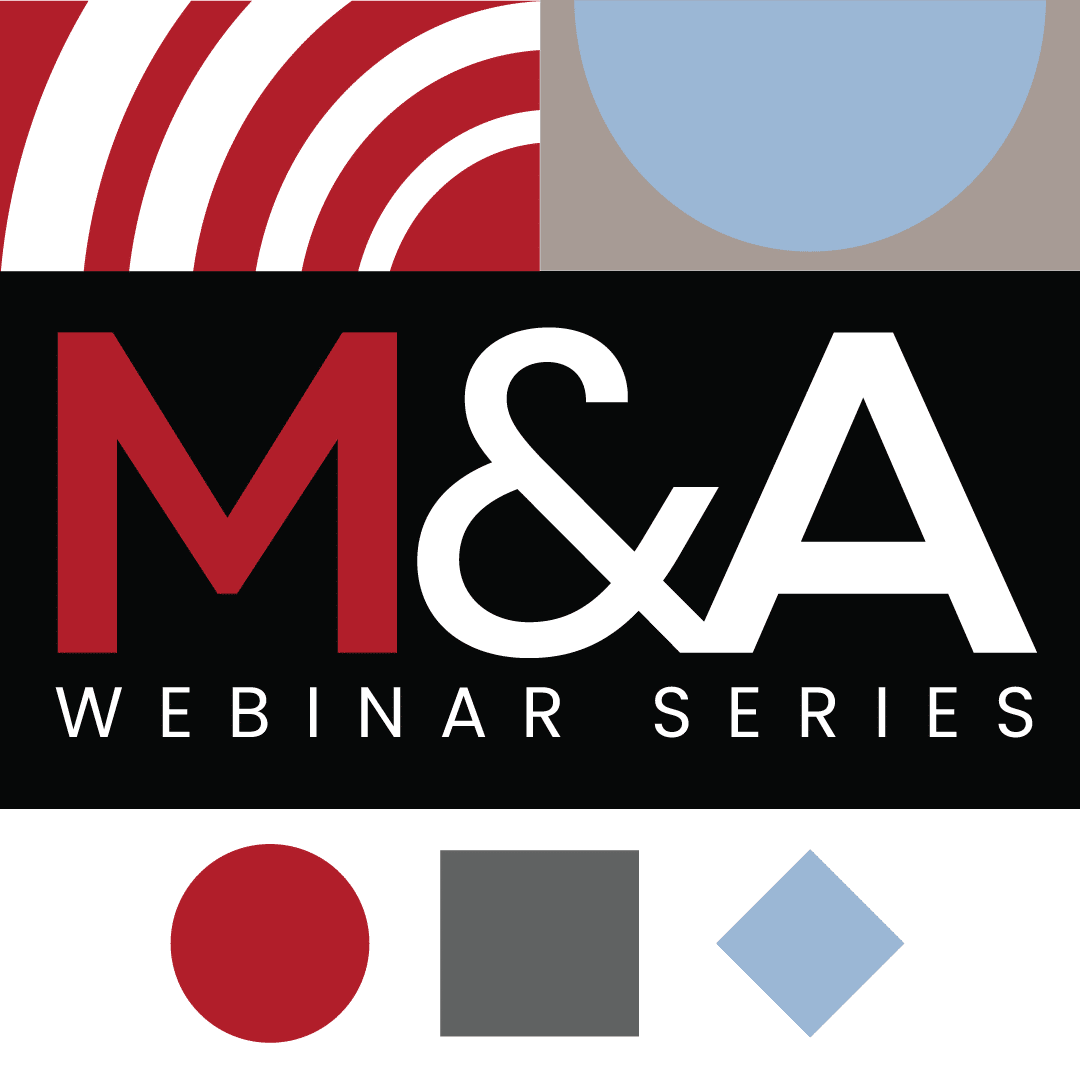Private equity funds are always on the lookout for their next deal. They scour the market, have countless conversations about potential targets, and deal with increasingly intense competition. Once an attractive target is finally identified and courted, funds must go through the commercial due diligence process.
Tight time constraints on commercial due diligence
Due diligence brings many challenges, but perhaps none more salient than the requirement to digest a vast amount of information within tight time constraints. Deals move quickly, which means funds enter negotiations knowing far less about the target than the target knows about itself. By the time the target company grants data room access, funds are often faced with intense time pressures to digest the mountain of information provided before closing. Commercial due diligence ideally entails extensive research and a host of conversations with customers, competitors, and other relevant experts. Even though funds can accomplish a lot in a short time, their time to poke and prod is usually cut short. Consequently, there is a risk of important details falling through the cracks.
Changing market dynamics
In addition to these traditional challenges, new market dynamics have made the deal-making process even more difficult. Today’s uncertain economic environment has a ripple effect into the private equity space. After a record-high year of deals made in 2021, rising interest rates and slowing economic growth have caused funds to step on the brakes. In the first half of 2022, deal volume declined by 26% compared to the same period last year. At the same time, there is currently a record-high level of capital ($3.6 trillion) available to be deployed by private equity funds.
The combination of fewer deals and more capital available creates a dynamic where attractive deals become increasingly competitive amongst funds, adding more pressure for firms to act decisively to win these deals.
Getting a head start on due diligence
The unique current market conditions compound the traditional challenges of deal-making. To counteract these conditions, funds should get a head start on closing the information gap to enable quicker and more confident decisions when a potential deal comes into play. Funds can execute the following elements of commercial due diligence before they face the time pressures of a closing deal.
-
Understand the industry and market dynamics
The insights gathered through analyzing industry and market dynamics can apply to many potential deals, especially if a fund specializes in a particular sector. For example, firms can conduct research to understand a particular market’s size and growth potential. When fund managers pair this research with information on overall trends, including technology, regulatory, and macroeconomics, they can develop a point of view on the attractiveness of a particular sector.
-
Understand the competitive dynamics of an industry
Creating a clear picture of the different industry players, their relative market share, how they differentiate themselves, and their offerings can further contribute to managers’ thesis on an industry. Conversations with industry experts and deep dives into market reports and other available data sources can yield a treasure trove of information. Connecting the dots between these disparate data points often sheds light on an industry’s inner workings and what character traits successful companies possess.
-
Understand the consumer
No investment thesis is complete without the voice of the customer sitting squarely at its centre. Regardless of the target company, investment teams will need to understand consumer behaviour and preferences for that industry. They collect this information in advance by hearing directly from customers through channels such as surveys, interviews, and mystery shopping. Getting this firsthand information from customers provides unique insight into what will drive and sustain growth within a particular industry.
Executing on upper funnel due diligence
Finding what you want is far easier when you know what you’re looking for. Executing proactive “upper funnel” diligence allows funds to establish a fact-based investment thesis early in the deal cycle. Armed with this focus, they can better identify desirable targets and pursue them with confidence. In a market where funds are equipped with record levels of capital and are simultaneously more cautious with their investments, managers need to act decisively to win attractive opportunities. Coming into potential deals having done their homework enables them to do just that.
Being prepared also empowers fund managers to go deeper in later stages of due diligence. Assuming they have completed a thorough analysis of the market, competition, and customers, funds can more thoroughly investigate specific questions related to the target and the investment thesis. The pre-work buys time and allows managers to land on a far more fulsome picture of the target by the time the narrow window of due diligence closes.
Ultimately, taking a proactive approach to commercial due diligence leaves less up to chance. Investing is risky, and the investment professional’s job is to minimize that risk while maximizing expected returns. Having a well-established fact base and thesis helps drive towards informed investment decisions, increasing the probability of successful investment in the long term. If fund managers want to have luck on their side, they must be prepared for the opportunities that come their way.
Burnie Group’s team of consultants and experts have extensive experience related to market research and due diligence. We help clients get the head start they need, leveraging a flexible project and fee structure.
About the authors
Find out more about how you can improve your due diligence process.
CONTACT US







